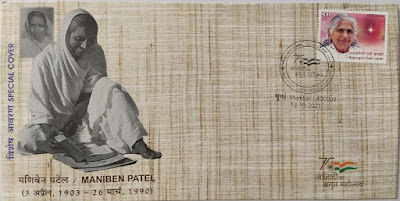The date of the first successful blood transfusion varies depending on the definition of "success" and the context of the transfusion. One significant early success occurred in 1907 when Dr. Ludvig Hektoen successfully transfused blood between two humans, but the process was not widely adopted due to concerns about blood typing and compatibility.
The first successful direct transfusion of blood from one human to another, using blood typing and cross-matching, took place on 27 March 1914, performed by Dr. Albert Hustin at the University of Brussels in Belgium. This marked a significant milestone in the development of modern blood transfusion techniques.










.jpg)